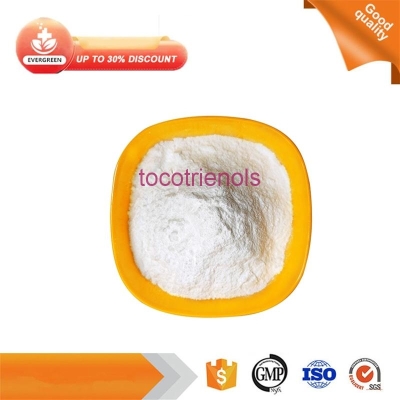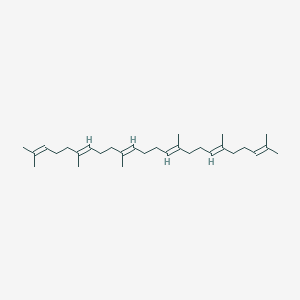-
Categories
-
Pharmaceutical Intermediates
-
Active Pharmaceutical Ingredients
-
Food Additives
- Industrial Coatings
- Agrochemicals
- Dyes and Pigments
- Surfactant
- Flavors and Fragrances
- Chemical Reagents
- Catalyst and Auxiliary
- Natural Products
- Inorganic Chemistry
-
Organic Chemistry
-
Biochemical Engineering
- Analytical Chemistry
- Cosmetic Ingredient
-
Pharmaceutical Intermediates
Promotion
ECHEMI Mall
Wholesale
Weekly Price
Exhibition
News
-
Trade Service
Image: Dr.
Source: USF Health/University of South Florida
Tampa, Florida (November 8, 2021)-Neuroinflammatory diseases including Alzheimer's disease and traumatic brain injury are related to the deposition of fibrin, a tough protein that comes from the blood The coagulation factor fibrinogen
Now, a research team at the Morsani School of Medicine at the University of South Florida Health (USF Health) reported for the first time that before soluble fibrinogen is converted into reversible accumulation of insoluble fibrin molecules, it can directly connect with neurons and cause destructive inflammation.
Their preclinical research was published in the mdpi-biommolecules special issue "Prions and Prion-like Mechanisms in Diseases and Biological Functions" on September 18
This finding is meaningful for determining targeted treatments and helps prevent or stop Alzheimer’s disease, traumatic brain injury, or other chronic neuroinflammatory diseases related to abnormal blood vessel permeability (leakage) in the brain.
"Fibrinogen is one of the most overlooked culprits in neurodegeneration and memory loss," said lead researcher Dr.
Fibrinogen is a protein naturally produced in the liver and spread through the blood to other organs and tissues
Dr.
Research by Dr.
In this latest study, USF health researchers tested whether fibrinogen, in addition to interacting with astrocytes, can directly connect with neurons-nerve cells are all necessary for carrying information and coordinating in the human body.
They treated healthy rat brain neurons growing in a petri dish containing fibrinogen
In addition, blocking the function of PrPC and ICAM-1 fibrinogen receptors on the surface of neurons (essentially preventing fibrinogen from tightly binding to these receptors) can reduce inflammation and lead to neurodegeneration
The authors of the study wrote: "Research has shown that the interaction between fibrinogen and neurons induces an increase in the expression of the pro-inflammatory cytokine interleukin-6 (IL-6), enhances oxidative damage, and leads to nerve damage.
More research is needed







